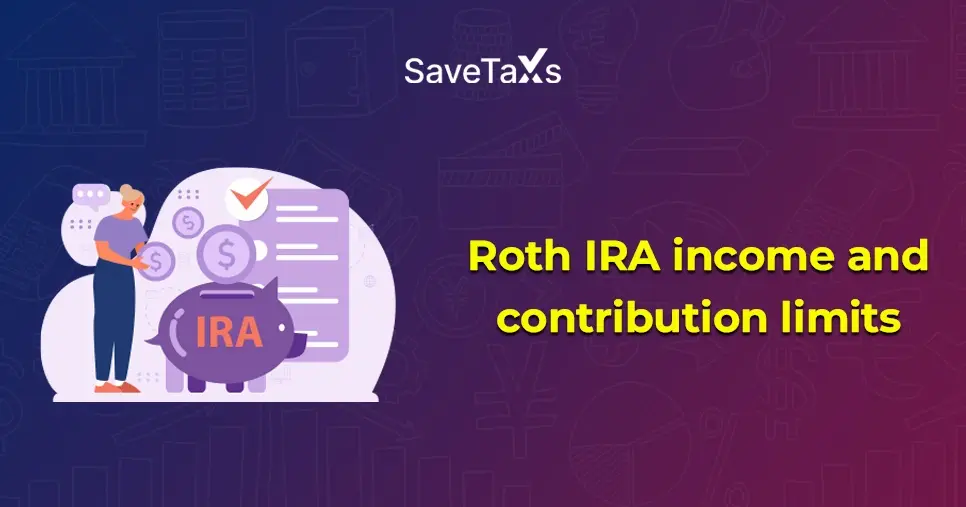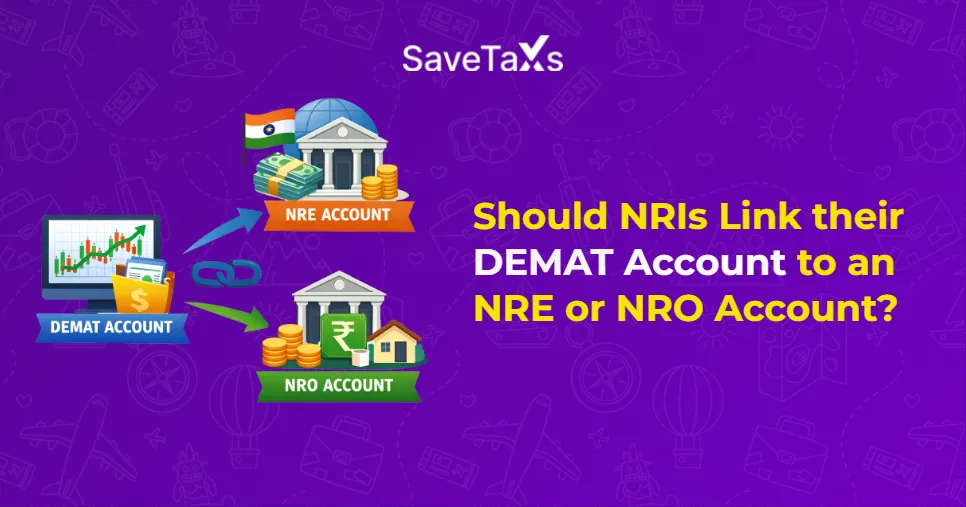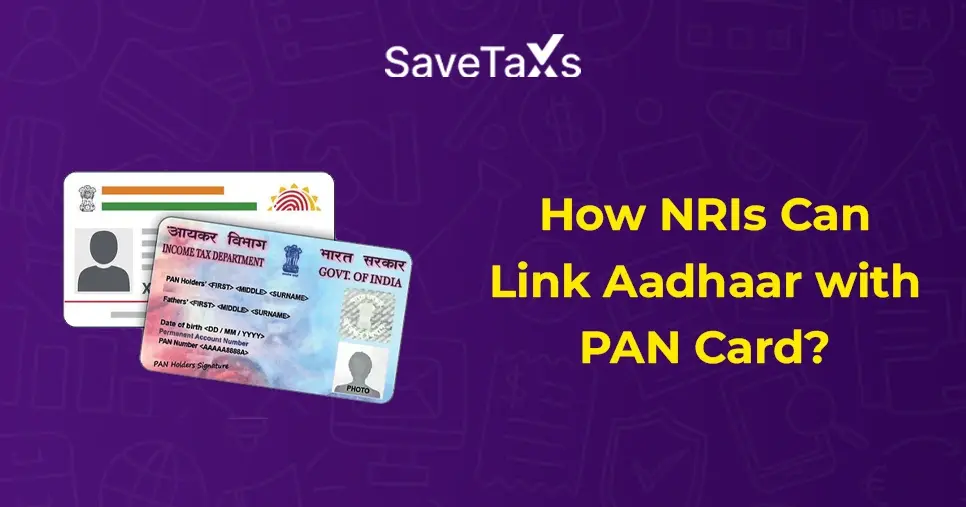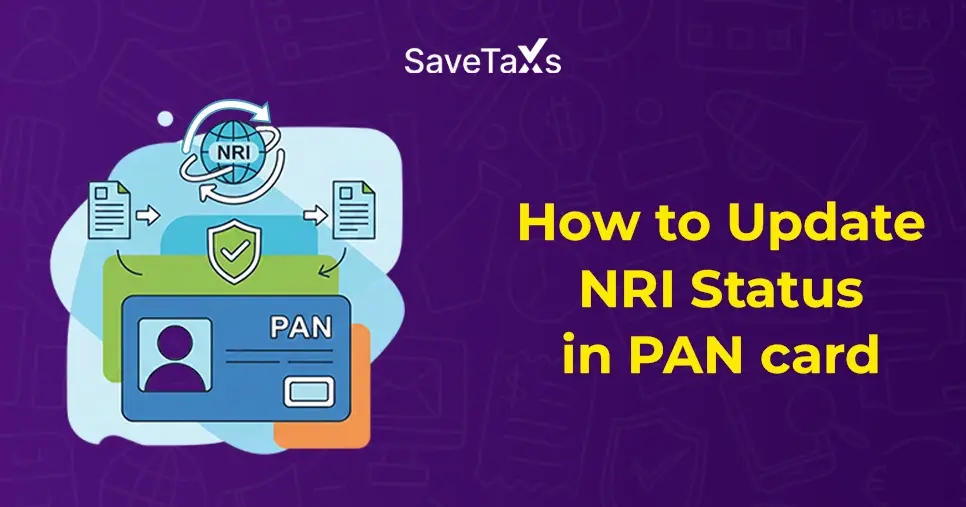As an NRI, receiving a tax notice from the Income Tax Department can be overwhelming. This is happening a lot more lately because, as of 2025, the Indian taxation system has more automated processes and updated rules.
In this blog, we will discuss five common mistakes that lead to tax notices for NRIs and how you can avoid such mistakes.
- A lot of NRI tax issues start when you misunderstand how your residential status affects your global income and the tax rules.
- Reputation delays, additional tax liabilities, and complications arise when you choose the wrong type of bank account.
- Claiming the benefits under a DTAA treaty without filing Form 67 or other documents will ultimately result in denied relief and excess taxation.
- NRIs often end up choosing the wrong ITR form, which is ITR 1 or ITR 4. The correct forms for NRIs are ITR 2 (individual) and ITR 3 (for business and profession in India).
What Is An Income Tax Notice For NRIs?
An Income Tax Notice is an official letter sent by the Indian Income Tax Department to an individual. The letter or notice could be sent for various reasons, such as mismatches identified in the reported income, missing details, or errors in your income tax return.
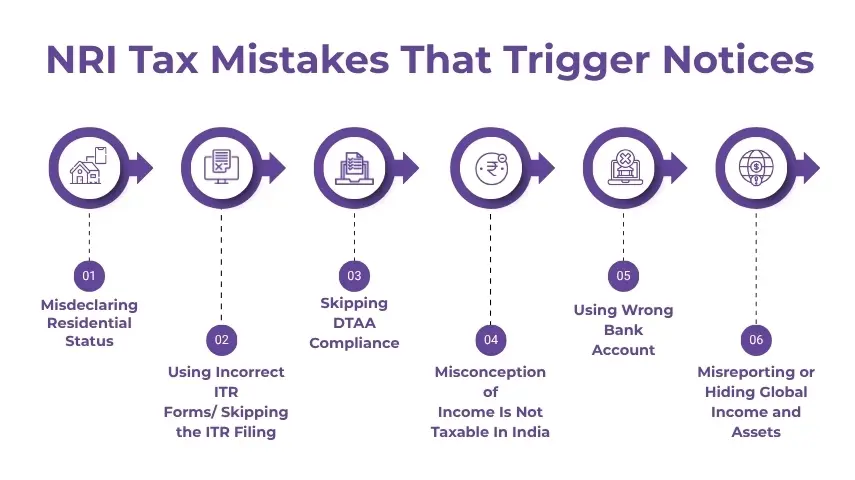
Regardless of the reason you received notice, it must be addressed promptly and correctly.
NRI Tax Mistakes That Get Your Income Tax Notice
The following are the five common mistakes that an NRI can easily avoid for a smooth income tax filing experience.
Declaring Your Residential Status Wrong
This is one of the most common mistakes. If you get your essential tax details wrong almost every time, everything else you mention in your income tax return will be wrong too.
Your residential status under Indian taxation law dictates which income sources are taxable, the types of forms you will need, and whether your foreign income will be reported in India.
| What Might Go Wrong | How to Fix It |
|---|---|
| You might be assuming yourself as an NRI the moment you move abroad. |
Under the Income Tax Act, you are a resident if
|
| You continue to file as an NRI even in the tax year when you have visited India too often. | You must keep a track of your days in India for every financial year. |
| You fail to report your global income in a tax year when your status changes from an NRI to a Resident. | Under the Indian income tax law, if you are considered a resident for taxation purposes in a specific tax year, you must report all income earned abroad when filing your ITR. |
Please ensure that your non-resident Indian status is not fixed and changes every year based on the number of days you visit India.
Using the Wrong Bank Account Type
If you are still using your old savings account even after moving abroad, it's a non-compliant move. Your type of account directly affects the taxability, fund transfer, and reporting.
| What Might Go Wrong | How to Fix It |
|---|---|
| You did not tell your respective bank about your NRI status and kept using the regular savings account. | Instantly tell your bank about your NRI status and convert your regular savings account to a non-resident or order account, or close your resident account. Additionally, you can also open a Non-resident NRO account as an NRI that will hold all your foreign earnings in India. |
| You receive your FD interest or rent in the resident account and later encounter issues sending it abroad. | You must use an NRO account to receive Indian income as an NRI. Doing so will ensure you have no issues while repatriating funds. |
| You have moved abroad, but did not update your address with the bank or KYC. | Upon moving abroad, you must submit new KYC documents, such as your visa, passport, overseas address, and more, to keep your NRI accounts active. |
Thinking "As an NRI, My India Income Is Not Taxable"
Most NRIs usually think that their Indian tax obligations end as they move abroad. But this is not the case if, as an NRI, you are receiving any Income from India, such as rent, Indian FDs, or dividends. In such cases, you are expected to pay the tax.
| What Might Go Wrong | How to Fix It |
|---|---|
| As an NRI, you assume that Indian income is not taxable since you live abroad. | Indian taxation system works on source-based taxation. Meaning any income sourced from India is taxable in India, regardless of where you live. |
| You do not report the interest income from savings accounts held in India or FDs | Include interest income when filing your IRE in India to stay compliant and avoid any income tax notices further. |
| Assuming the DTAA tax treaty exempts your Indian income from taxation. | The DTAA might lower your taxes, but only when you file the right form and follow the legitimate process. |
| You only report the foreign income and skip income generated in India entirely. | You must disclose all the taxable Indian income, even if you have paid taxes on it abroad. |
It must be clear that living abroad does not exempt you from paying taxes on income earned in India.
Ignoring the DTAA Formalities
DTAA does not work automatically to avoid it, you must file the right forms at the right time.
| You Can Go Wrong | How to Fix It |
|---|---|
| You are claiming the benefits under the DTAA tax treaty without submitting any paperwork. | File online Form 10F and then upload it along with your ITR, especially if your income is eligible for lower taxes. |
| You skip filing of Form 67 and assume that DTAA relief will be given automatically. | You have to submit Form 67 before filing your income tax return if you wish to claim your foreign tax credit. |
| You do not have the Tax Residency Certificate (TRC) from your country of Residence. | You must request a TRC from your home country's tax department. This document is non-negotiable when claiming DTAA benefits. |
| You either file later or with missing DTAA details and then expect a return. | You must ensure that your DTAA documents are filed and completed on time; otherwise, your claims might be rejected, and the refunds will be delayed. |
Yes, a Double Taxation Avoidance Agreement would definitely lower your NRI taxes only if you follow all the rules to make it count.
Skipping the ITR Filing Without Checking The Regulations
If you are not earning a salary in India, this does not mean you can skip filing. If you have income such as rent, capital gains, or interest, then an ITR must be filed. Missing an income tax return can lead to penalties, lost refunds, and NRI tax issues.
| What Might Go Wrong | How to Fix It |
|---|---|
| You are not filing an ITR because you do not have a job in India. | If your total income in India exceeds the 2.5 Lakh limit, then filing an ITR becomes mandatory even without the salary income. |
| You miss out on a refund for TDS deducted from rent or interest. | File your income tax return to claim any refunds. |
| You must be assuming that if any return is missed, then it won't matter. | Frequent non filing cases can lead to income tax notices, penalties, and loss of credibility with the Income Tax Department. |
How To Proactively Avoid These Mistakes
As they say, prevention is better than cure; you must be ready proactively to avoid making these mistakes.
1: Maintain a Residency Timeline: To do so, you can use a simple spreadsheet or an application to track your entries and exits from India.
2: Reconcile: Meaning that you must download your Form 26AS and AIS (Annual Information Statement) in April itself
3: Keep Your DTAA Documents in Order: You must proactively apply for your Tax residency certificate as it might take some time.
4: Choose the Right Form: The Right ITR form for NRI individuals is ITR 2.
What To Do If The Mistake Is Already Made
While reading this, you might have realized that you have made one of these errors in the past. If yes, then the Indian taxation system allows you to file the correct return.
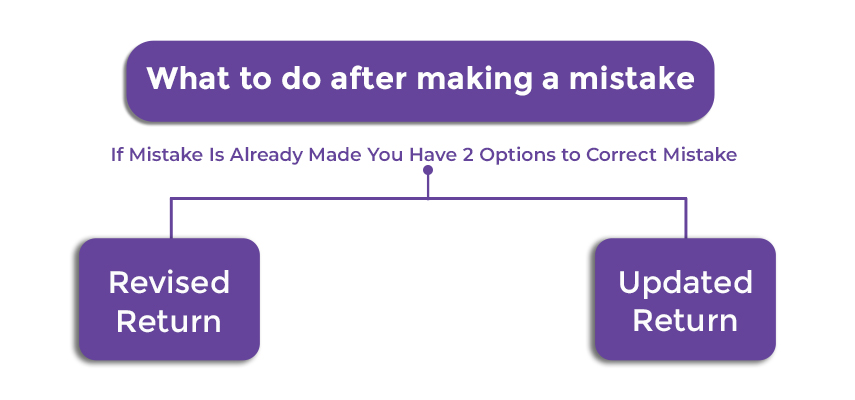
Revised Return: You have found an error in your return. You can file a revised return. The deadline for filing a revised return is usually December 31 of the assessment year.
Updated Return: If you have missed filing your return, you can file an updated return within 24 months from the end of the assessment year. However, there is an additional tax penalty that you have to pay.
The Bottom Line
There is no room for doubt that tax compliance for NRIs is quite complex, and even small errors can lead to major financial stress. However, to overcome such stress and avoid getting an incomplete notice, you must be mindful of small errors.
Additionally, it is advisable to seek help from an NRI tax and financial planning experts. Such an expert is Savetaxs, where NRIs get expert-backed consultation and guidance on their taxation-related issues.
Our experts here provide accurate residential status analysis, proper income and asset disclosures, DTAA tax relief strategies, TDS management, timely return filing, expert representation, and more with their expert guidance. NRIs can avoid common pitfalls and manage their finances across borders smoothly.
Note: This guide is for information purposes only. The views expressed in this guide are personal and do not constitute the views of Savetaxs. Savetaxs or the author will not be responsible for any direct or indirect loss incurred by the reader for taking any decision based on the information or the contents. It is advisable to consult either a CA, CS, CPA or a professional tax expert from the Savetaxs team, as they are familiar with the current regulations and help you make accurate decisions and maintain accuracy throughout the whole process.

Mr. Ritesh has 20 years of experience in taxation, accounting, business planning, organizational structuring, international trade financing, acquisitions, legal and secretarial services, MIS development, and a host of other areas. Mr Jain is a powerhouse of all things taxation.
- What is the Double Tax Avoidance Agreement (DTAA) Between India and Singapore?
- Section 195 of Income Tax Act - TDS Applicability for NRI
- Everything You Need to Know About Form 15CA and 15CB of Income Tax
- Section 89A - Tax Relief on Income from Foreign Retirement Funds
- Intimation Under Section 143(1) of Income Tax Act – ITR Intimation Password
- How to Respond to Notice Under Section 143(2)?
- What is a Tax Residency Certificate (TRC) and How to Get It?
- Sections 90, 90A & 91 of the Income Tax Act for NRIs
- Income Tax Form 13 For NRIs - Lower or Non Deduction
Want to read more? Explore Blogs
Frequently Asked Questions
No matter what your source of income is, we've got you covered. There’s a plan for everybody!
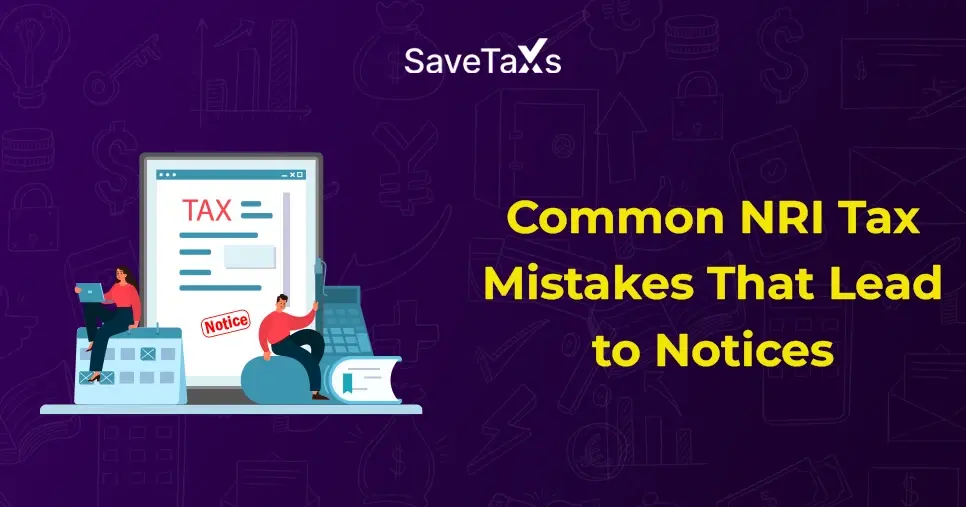
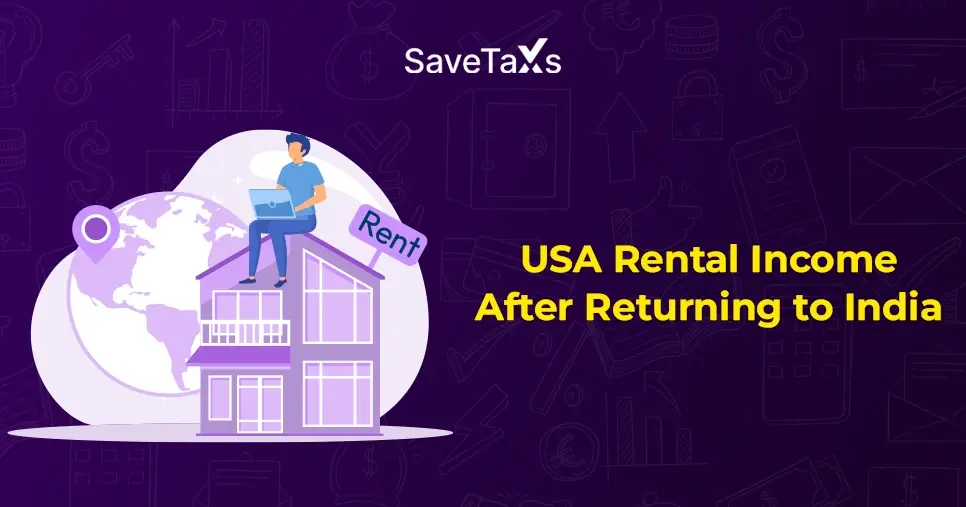
_1767339016.png)
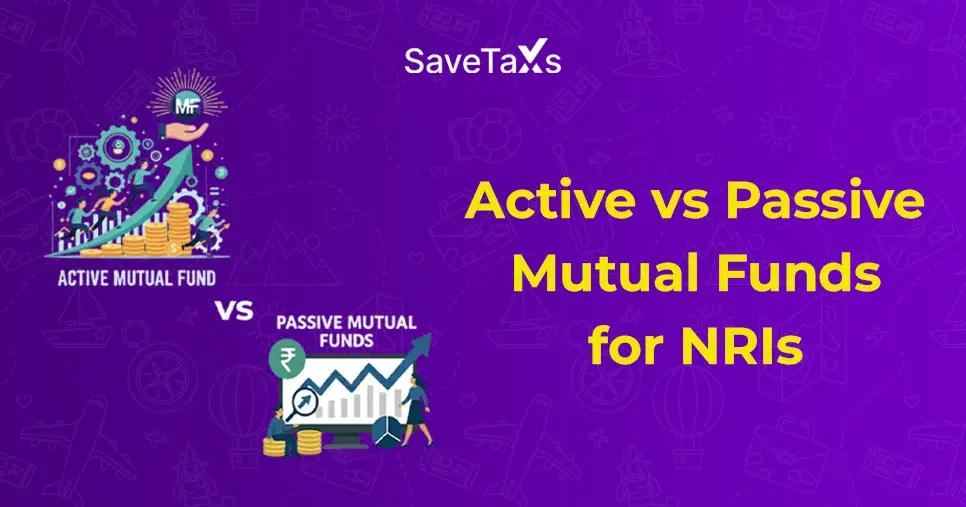
_1763555884.webp)
(i)-Of-The-Income-Tax-Act_1756812791.webp)

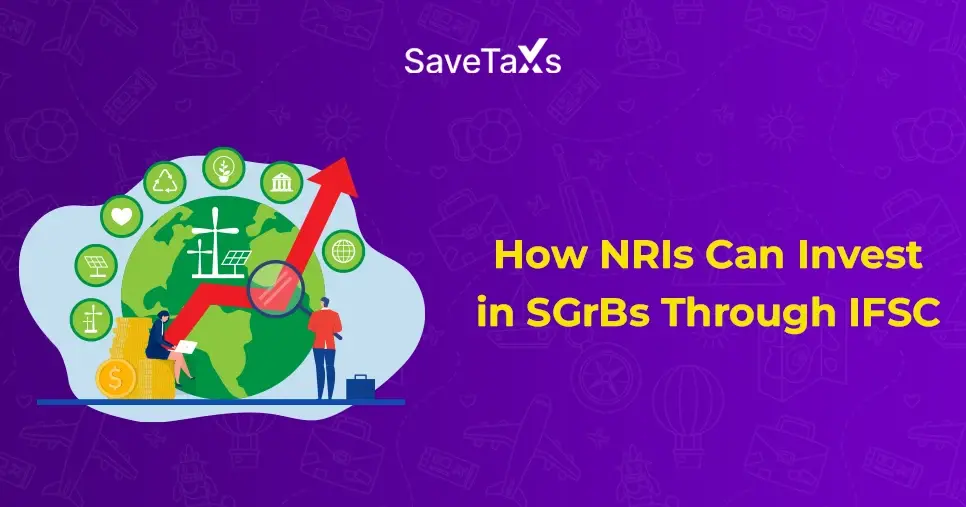
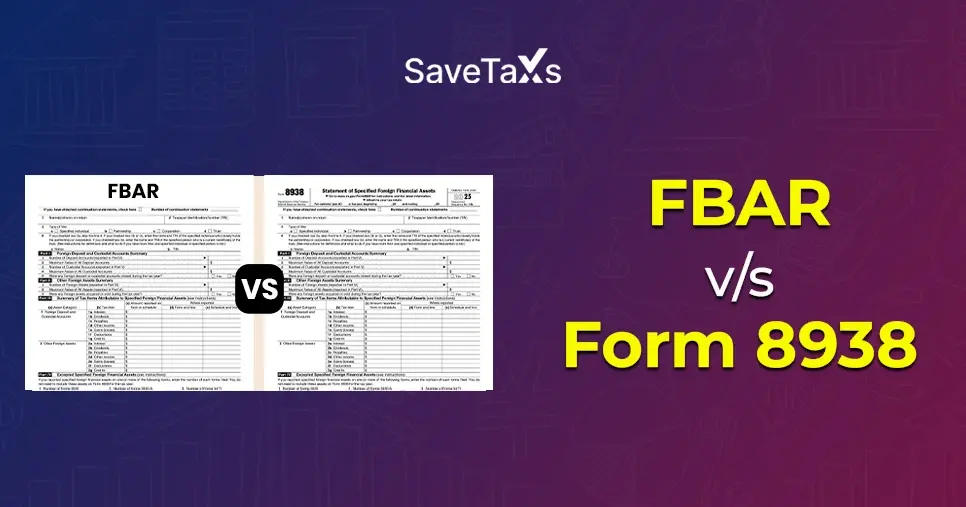
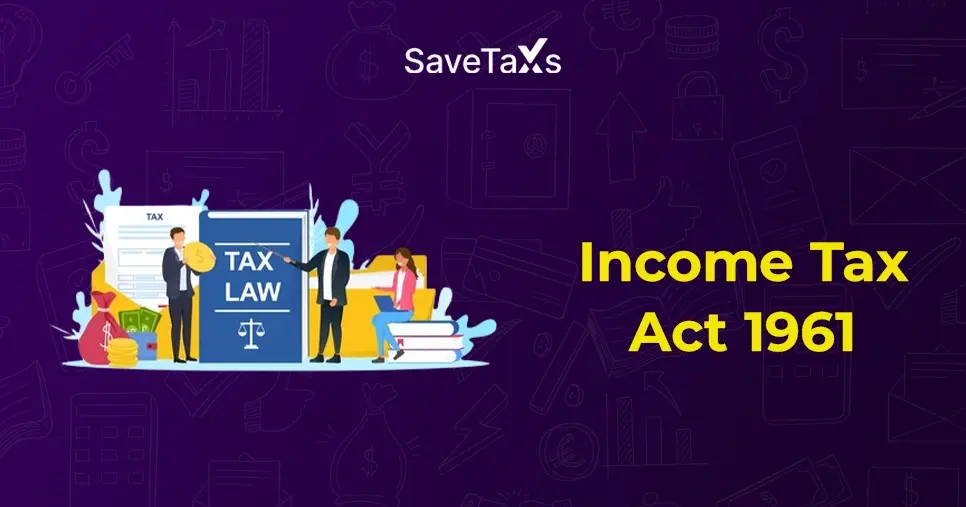
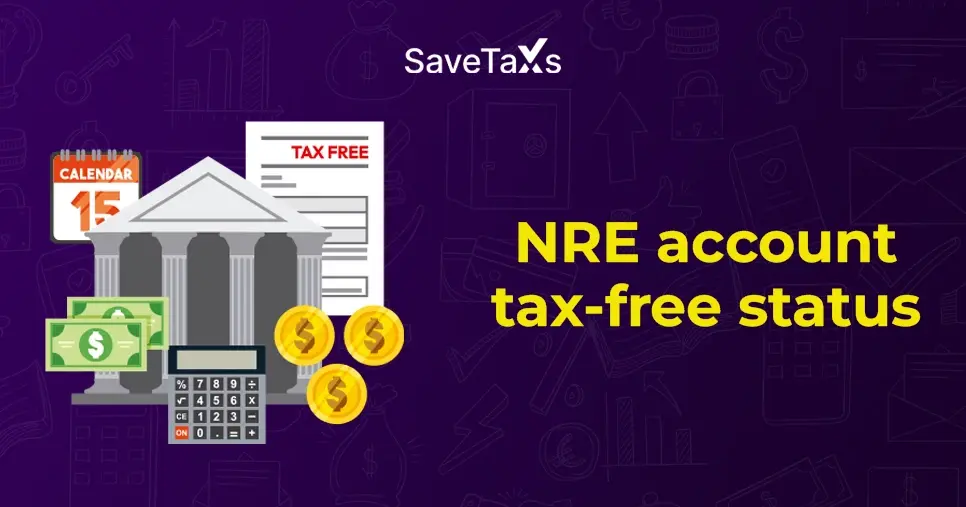
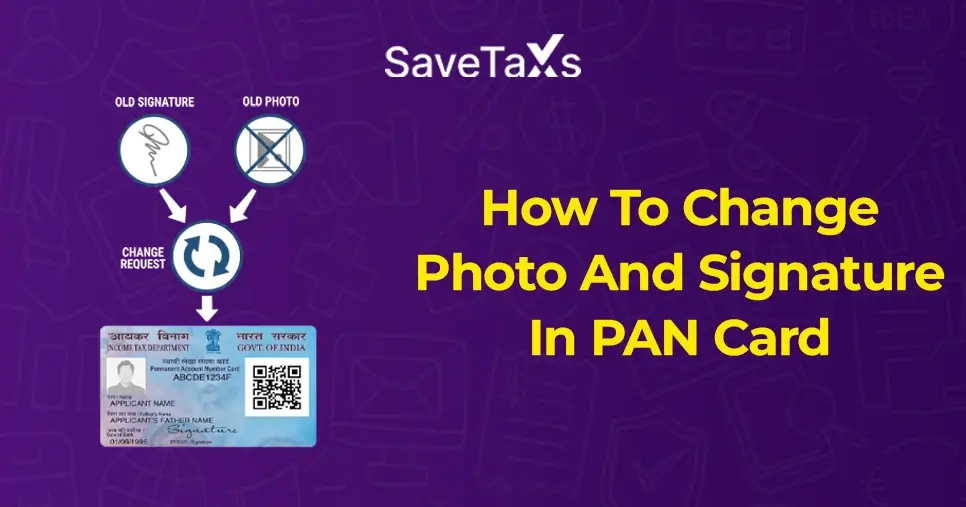
_1766730933.webp)
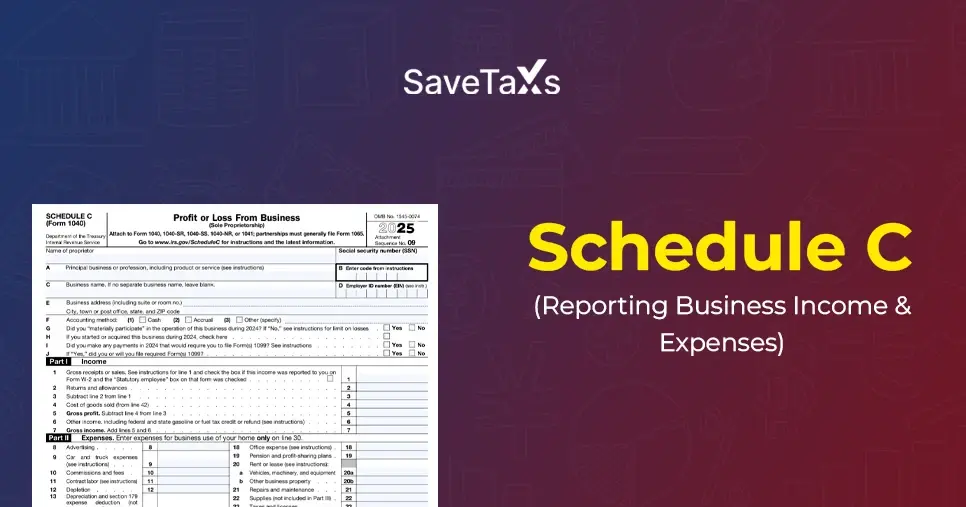

_1768474831.webp)
_1767942734.webp)
